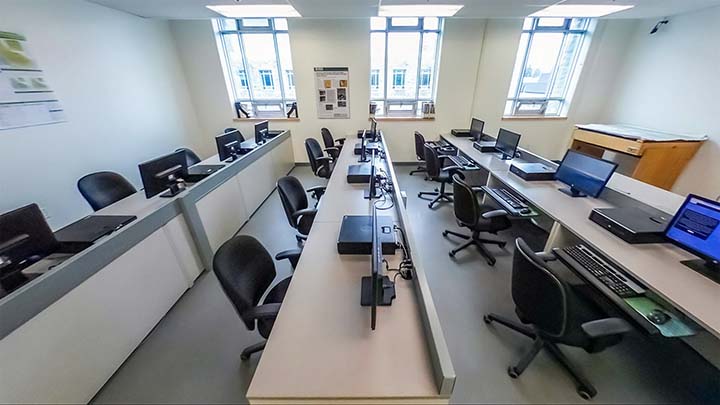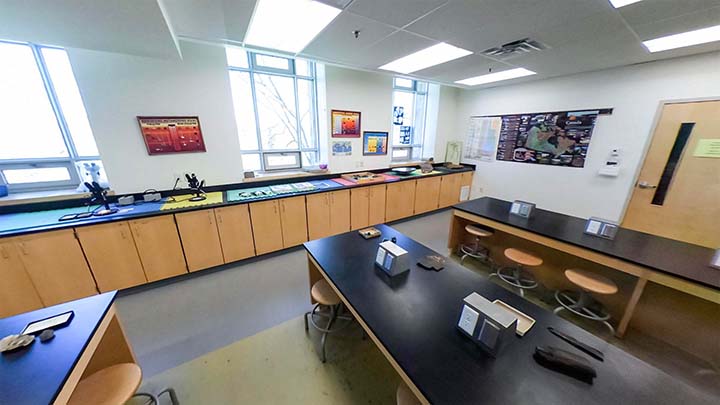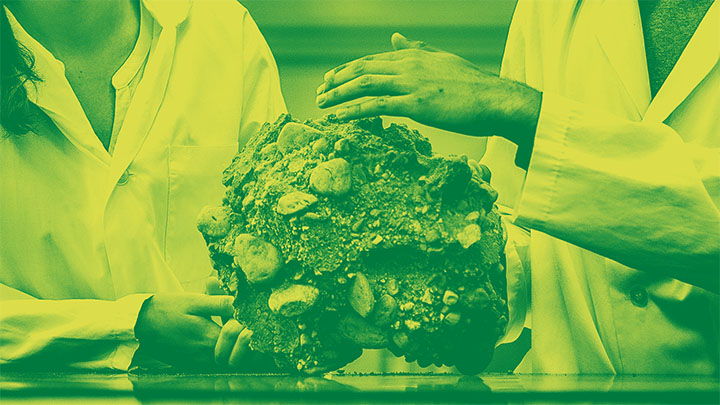Overview
The School of Earth, Environment and Society is an internationally recognized centre of research and training.
It offers innovative hands-on lab experiments and field work to provide students with relevant experiences
Students learn about the earth’s history, environmental and contaminant geochemistry, hydrology and hydrogeology, ecology, environmental issues, urban planning, and geographic information science (GIS).
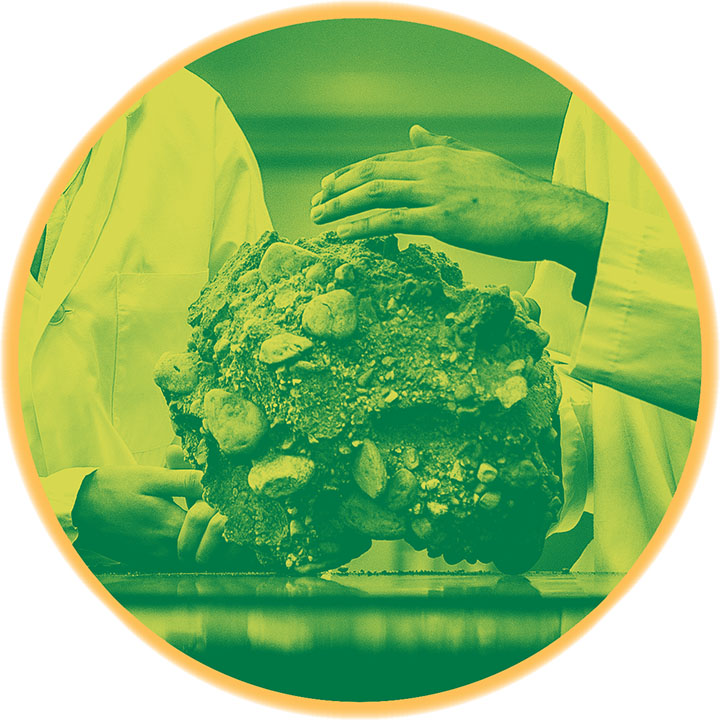
Areas of Research
Earth Surface Processes
Uses geology, geophysics and climatology to study Earth and atmospheric processes. Emphasis is placed on understanding the impacts of human activities on the physical environment, including changes in climate, land-use and surface and groundwater quality.
Environment and Health
Aims to understand the relationship between the environment and human health, and the ways that policy can effectively reduce these risks in our communities
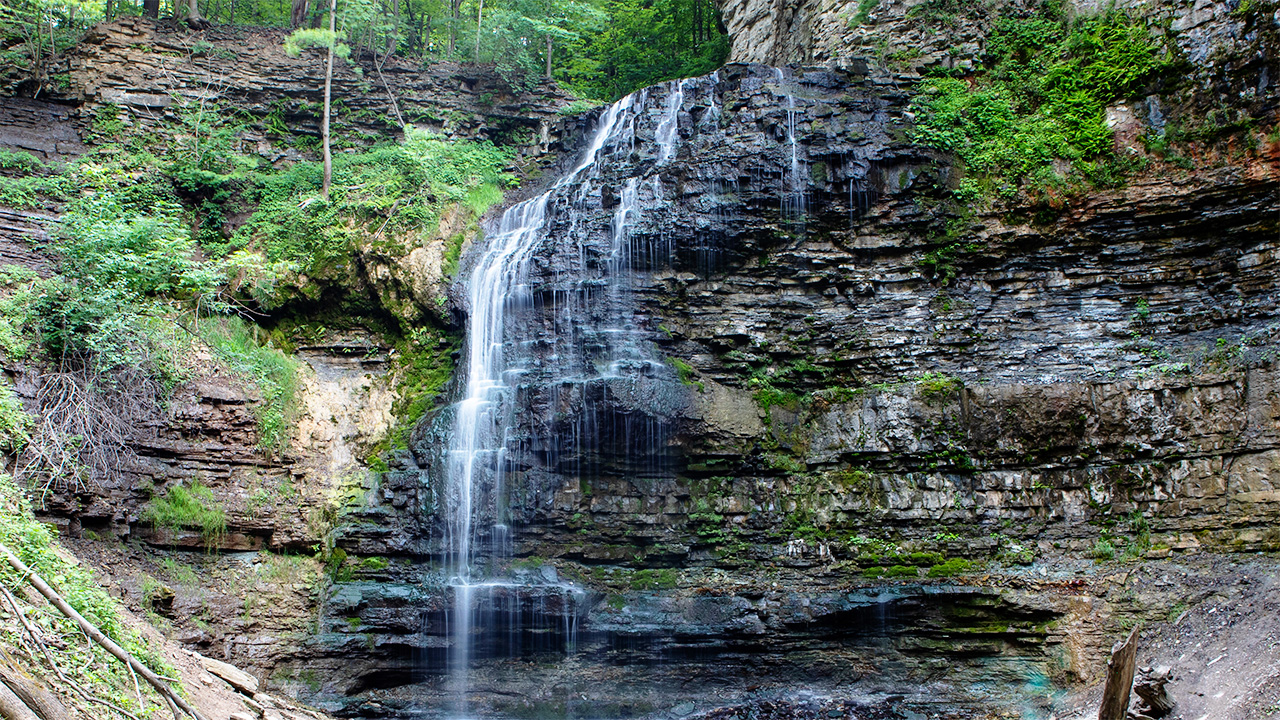
Geochemistry
Geochemistry is primarily interested in the application of approaches to understand bio- and geo-chemical processes, geochronology and physico-chemical records

Hydrologic Sciences
Hydrologic Sciences use state-of-the-art equipment and techniques to generate new knowledge about the distribution and quality of water in the environment and the impact of human activities
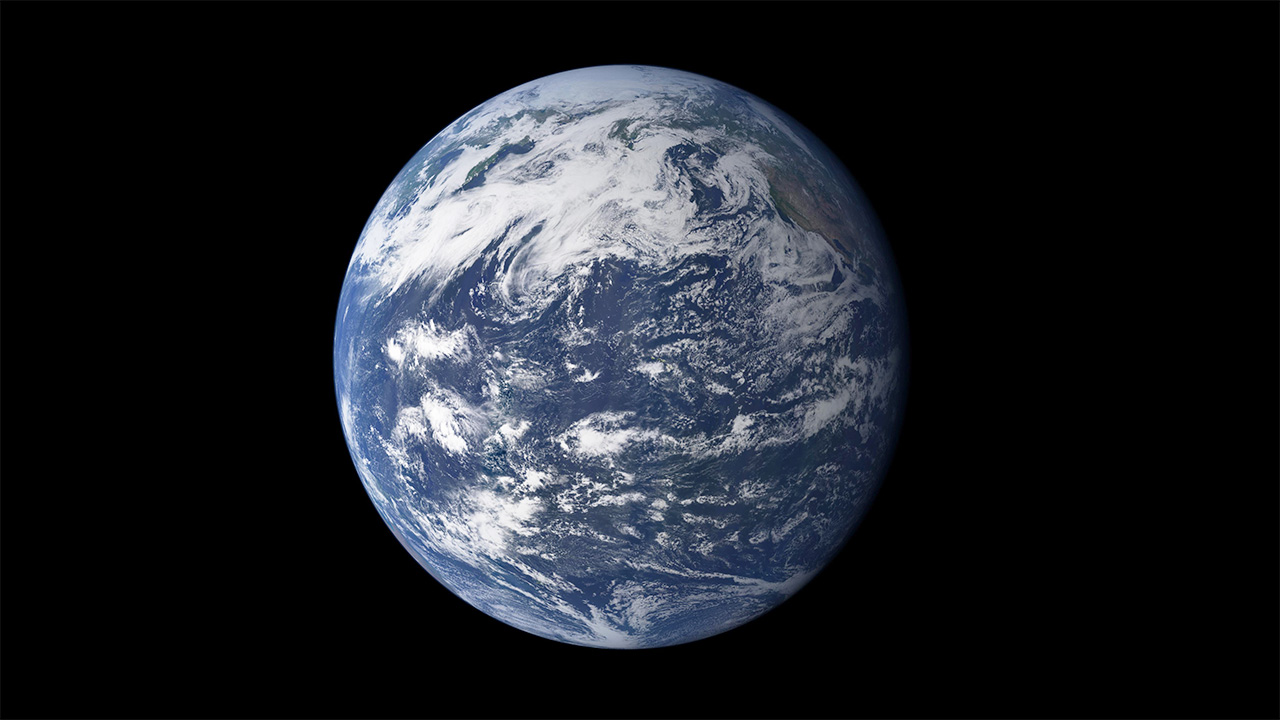
Social Geography
Social Geographers study how social life is organized geographically at various scales from the local to the global. Particular emphasis is placed on the spatial dimensions of social inequality
Spatial Analysis
Spatial Analysis uses quantitative methods, such as spatial statistics, and Geographical Information Systems (GIS) to study human and physical processes.
Level 2 Programs
Familiarize yourself with some of the Level 2 Programs offered by the School of Earth, Environment and Society.
Destinations
Virtually tour the following state-of-the-art labs and facilities of the Department of Earth, Environment and Society.
